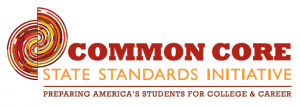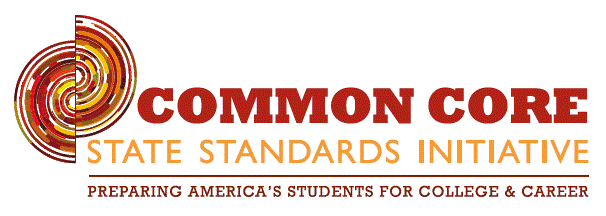America, we have a serious problem.

According to the Broad Foundation, “American students rank 25th in math, 17th in science and 14th in reading compared to students in 27 industrialized countries.” Additionally, the Organization for Economic Cooperation and Development reported that we have gone from number 1 in high school graduation to 22nd among these countries.
Fewer than half of our students finished college, ranking us 14th among these countries countries. In 1995, we were among the top five.
America’s educational system is not keeping up with that of many other industrialized countries, as the job market becomes more global and international competition for jobs increases.
Some immediately jump to the conclusion that high levels of poverty among public schools are the reasons for our lagged performance, but this simply can’t explain all the results.
No matter how you view it, we’re not where we want or need to be.
One strategy of changing our direction as a nation is the adoption of Common Core State Standards Initiative (CCSSI). Today, attentive classroom teachers, school board members and parents from across the political spectrum have noticed the implementation of these standards being rushed into K-12 schools nationwide, including Carlmont High School. The new standards add rigor and provide students with the opportunity to exercise critical thinking and reasoning skills-skills needed to be successful in college and careers.
The Common Core, a grade-by-grade outline of what students should know to be ready for college and careers, made its debut in 2010 after intense discussions, study and examinations by educators. It is to be followed in the 2014-15 school year by new standardized tests that seek to measure more than the ability to cram facts or master test-taking tricks. (New York already introduced early versions of the tougher tests this year.) With the support from the Obama administration, 45 states, the District of Columbia, four territories and the Department of Defense Education Activities have already adopted the Common Core State Standards.
One of the main concerns surrounding the Common Core standards is the overreach of the federal government. Skeptics claim that the Common Core standards are another conspiracy to federalize public education and retain private information. Others argue that the standards defy constitutional rights and standardize education, leaving little room for flexibility. But this is not the case.
Common Core constitutes the first national standards to give substance and coherence to what is taught in public schools. They equalize education across incomes and was designed to elevate teaching and learning. They encourage a systematic development of knowledge and break the silence about the importance of specific content in schools. America’s educational system has become so tangled in exams and grades that we’ve drifted away from the basics of education: teaching students to think critically and solve problems.
Common Core states that “By reading texts in history/social studies, science, and other disciplines, students build a foundation of knowledge in these fields that will also give them the background to be better readers in all content areas.” This concept of building coherent, cumulative content characterizes the most effective school systems in the world. Why? The systematic development of student knowledge in history, literature, science, and the arts is the key to social mobility and college readiness.
Today, teachers in a typical classroom can’t rely on their students having acquired any knowledge on a subject. Without shared knowledge, effective class learning can’t occur, no matter how effective the teacher is. As a result, teachers are compelled to overuse all sorts of strategies.
What is far more effective is when students’ share prior academic knowledge with their peers, which enables teachers to engage in varied instructional approaches. Great teachers are ones that help develop students develop a new level of intellectual curiosity, not telling students to “bubble in C on a scantron test if you are unsure of the answer, because there is a high chance that it is the correct answer (the usual approach to STAR exams).”
Instead, the standards are a way to measure educational achievement and were written by national experts along with input from educators and subject matter experts around the country. Implementing Common Core does not mean that teachers will give up control over what to teach or how to teach it. The standards lay out what students are expected to know and be able to do in each grade in English, language arts, and math. Teachers still have the freedom to create unique lesson plans and retain the ability to pick and choose what topics they deem priority.
The Common Core offers a framework for schools to create a curricular coherence that could lead to huge gains in student learning. With Common Core, America has the ability to improve its economy, secure a position as a global competitor, and most importantly, better prepare its students for college and beyond.
Common Core Standards are a necessity and a major tool in helping move Carlmont students into the real world. An intelligent realization of the new Common Core Standards could achieve that essential element that has been missing in Carlmont for many years.





















